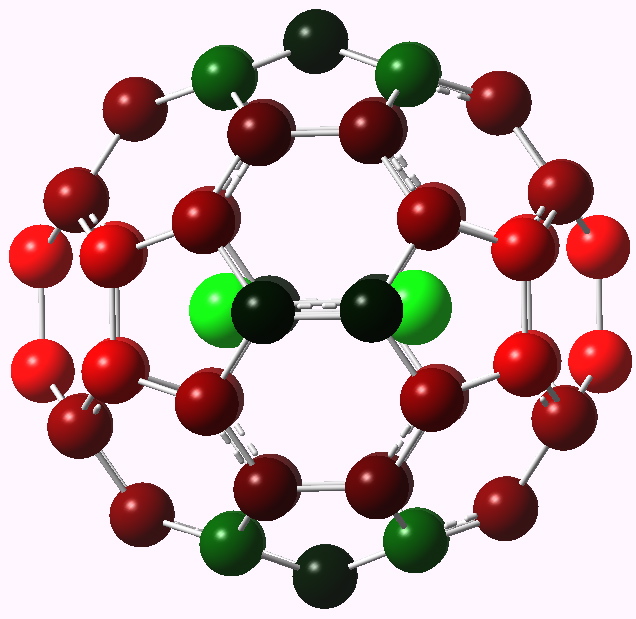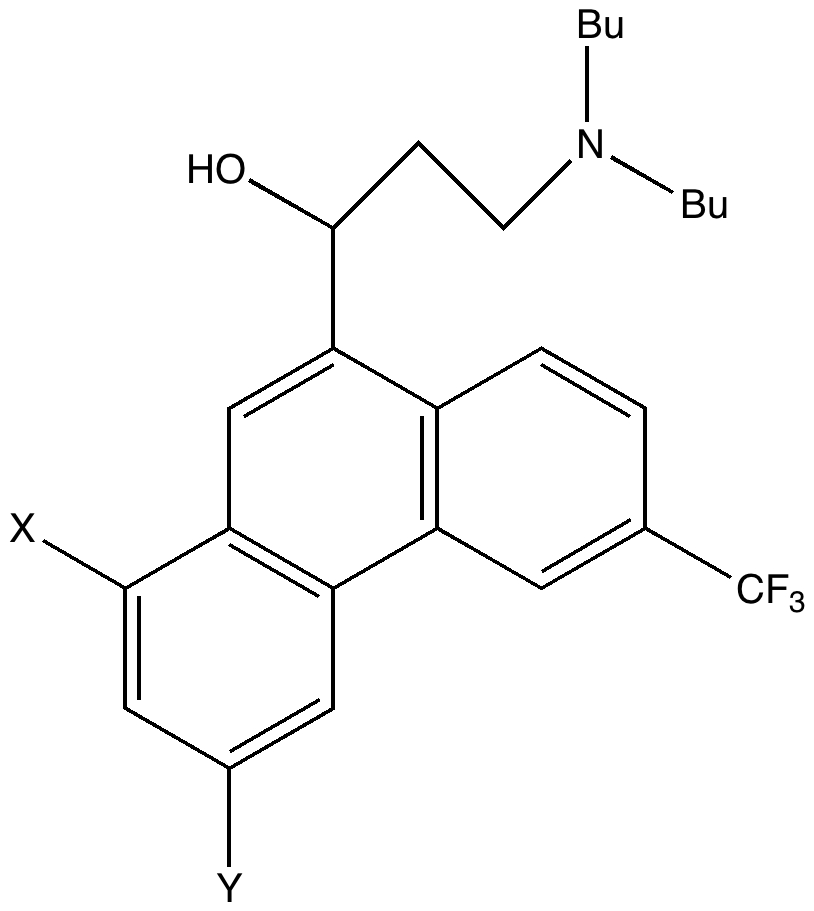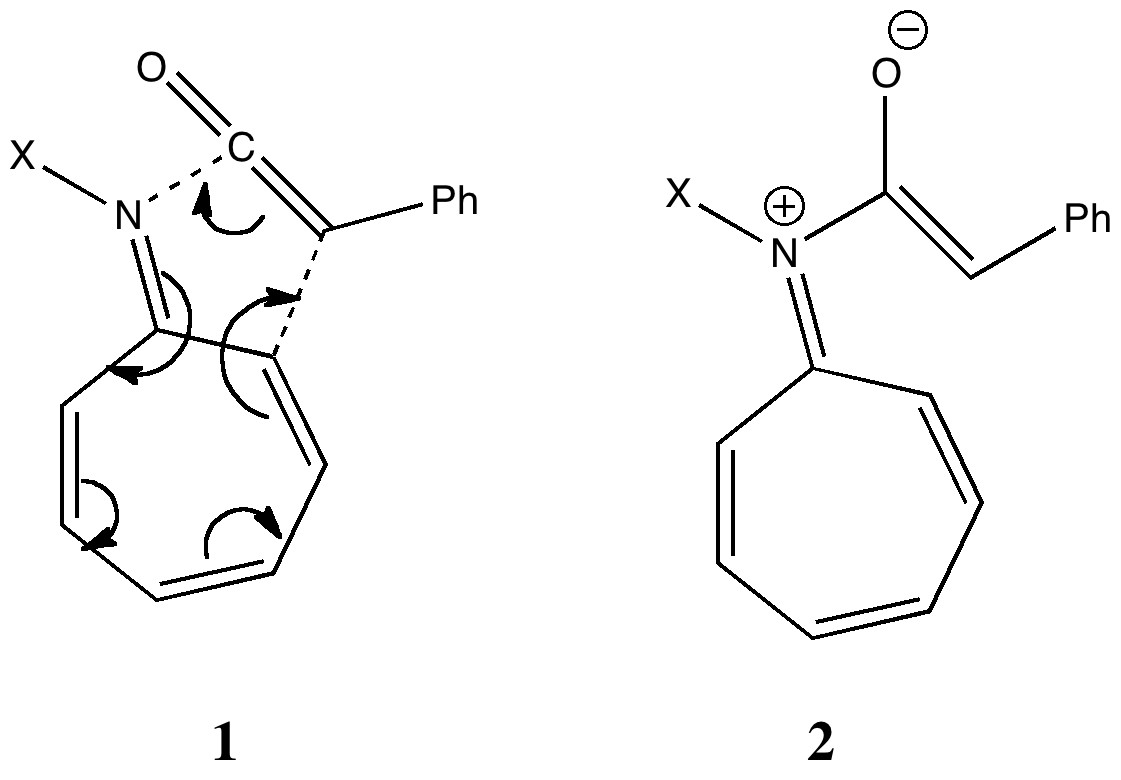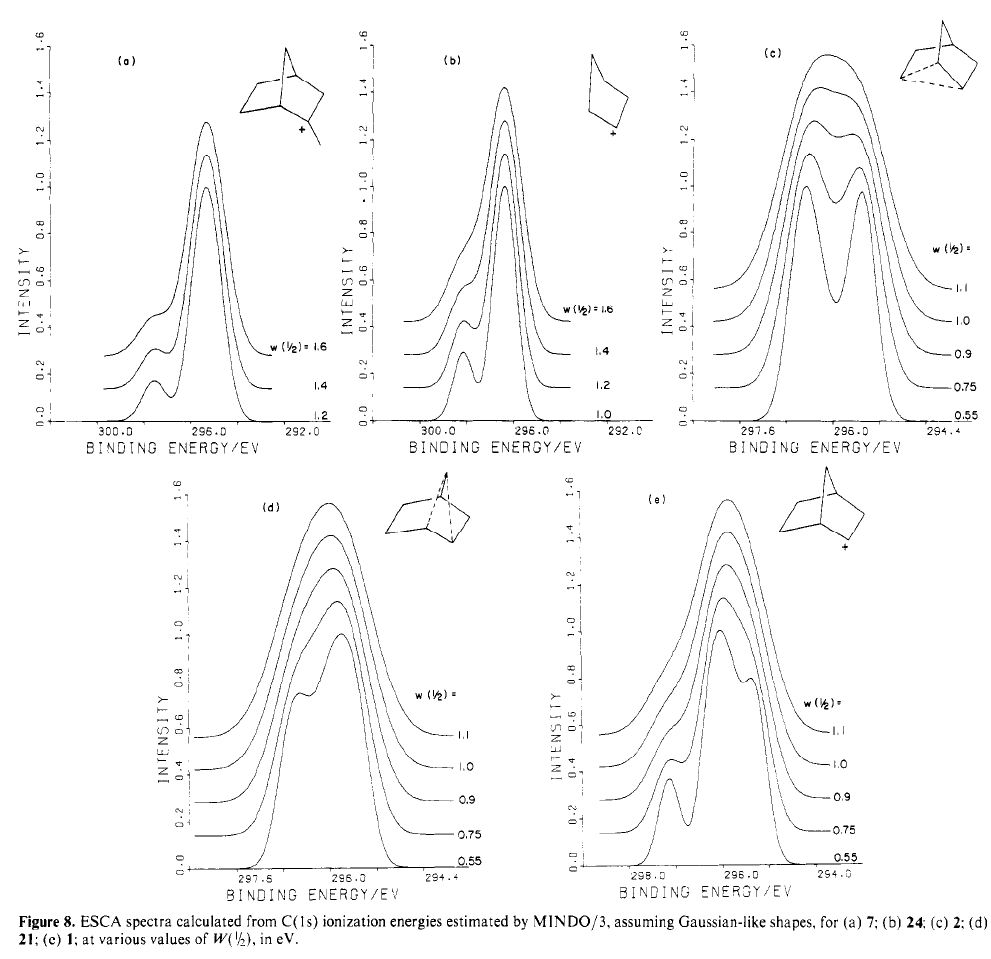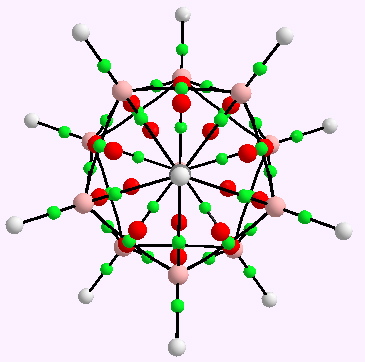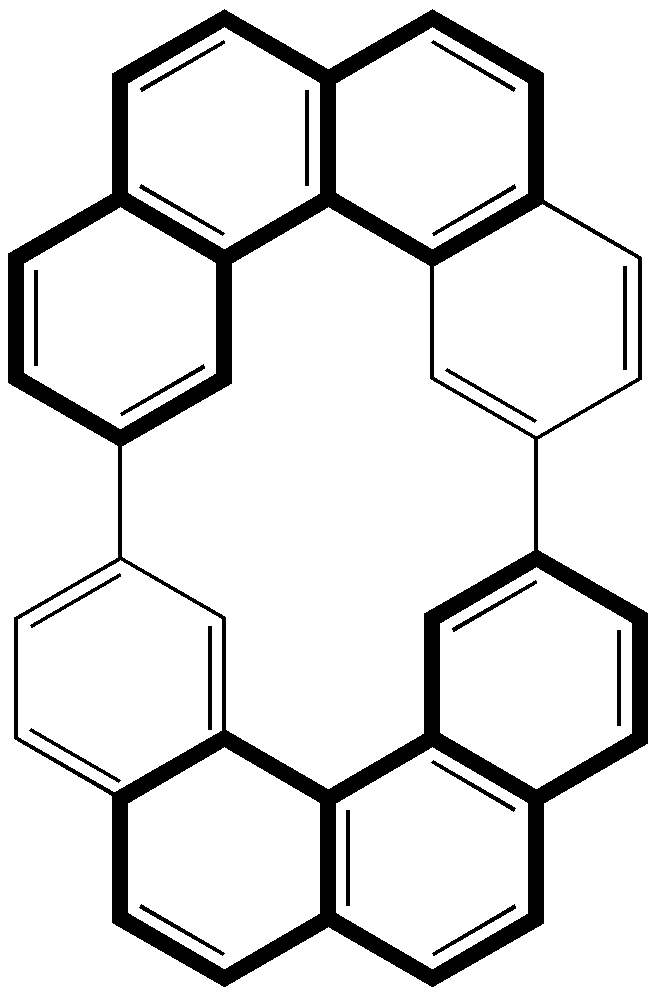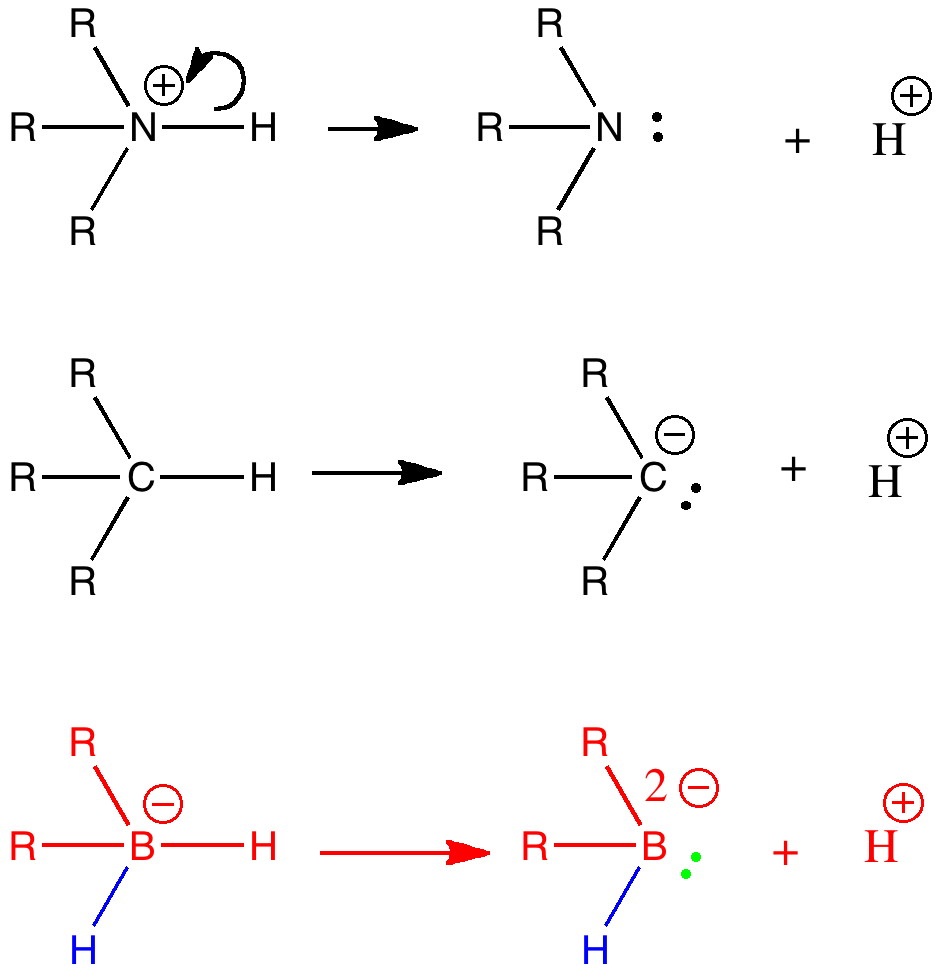
I have often heard the question posed “ how much of chemistry has been discovered? ” Another might be “ has most of chemistry, like low-hanging fruit, already been picked? “. Well, time and time again, one comes across examples which are only a simple diagram or so away from what might be found in any introductory chemistry text, and which would tend to indicate the answers to these questions is a

